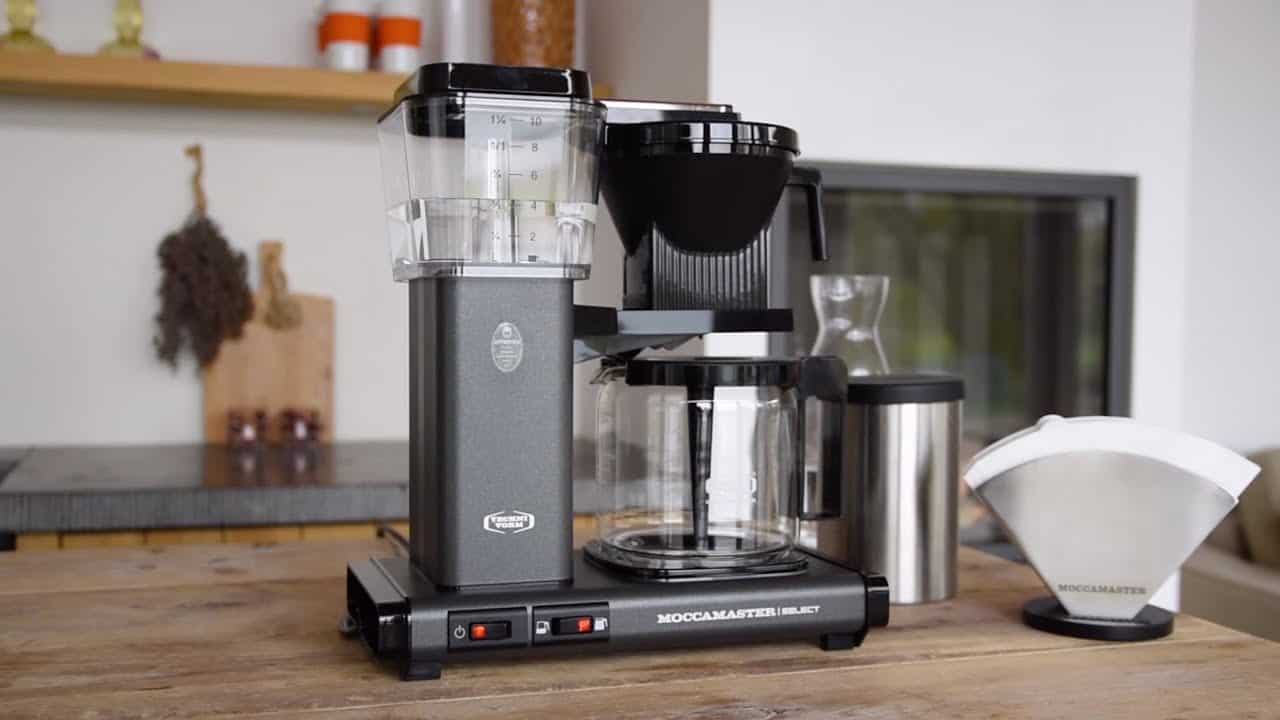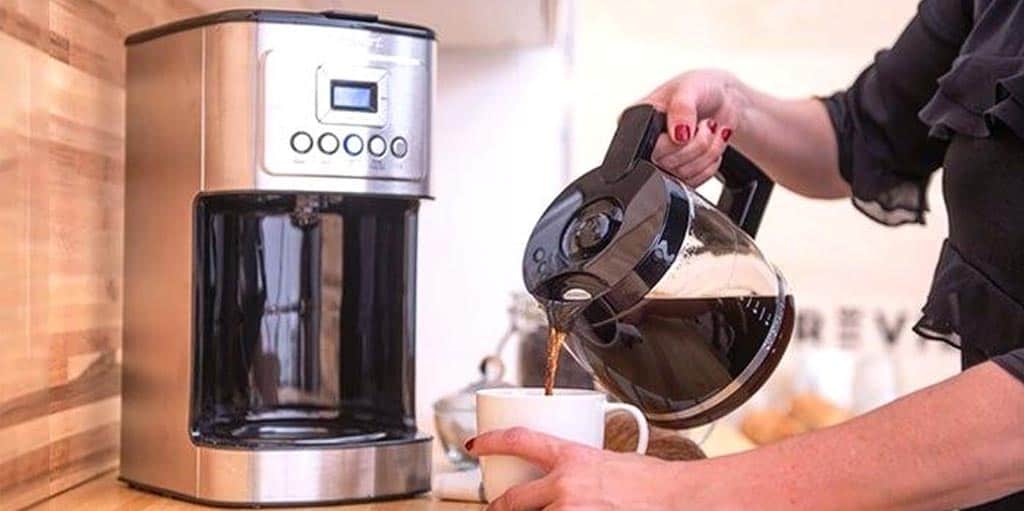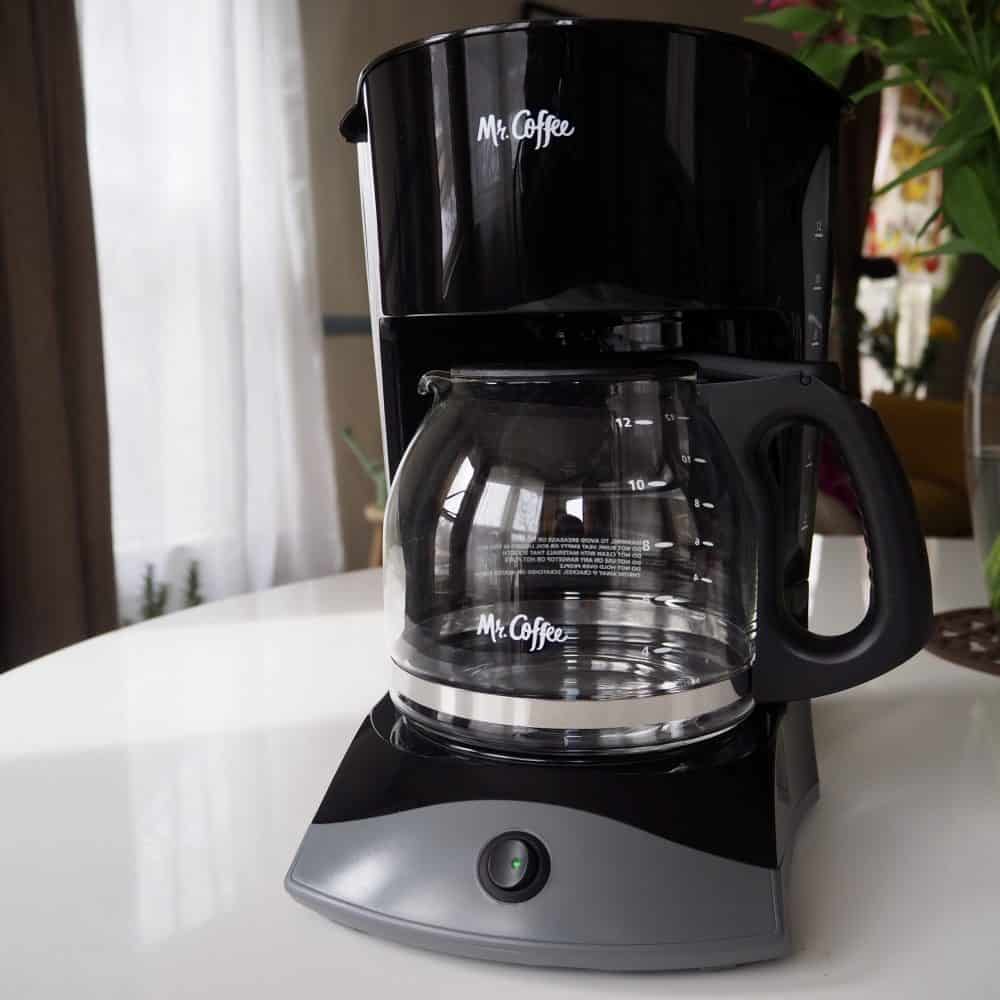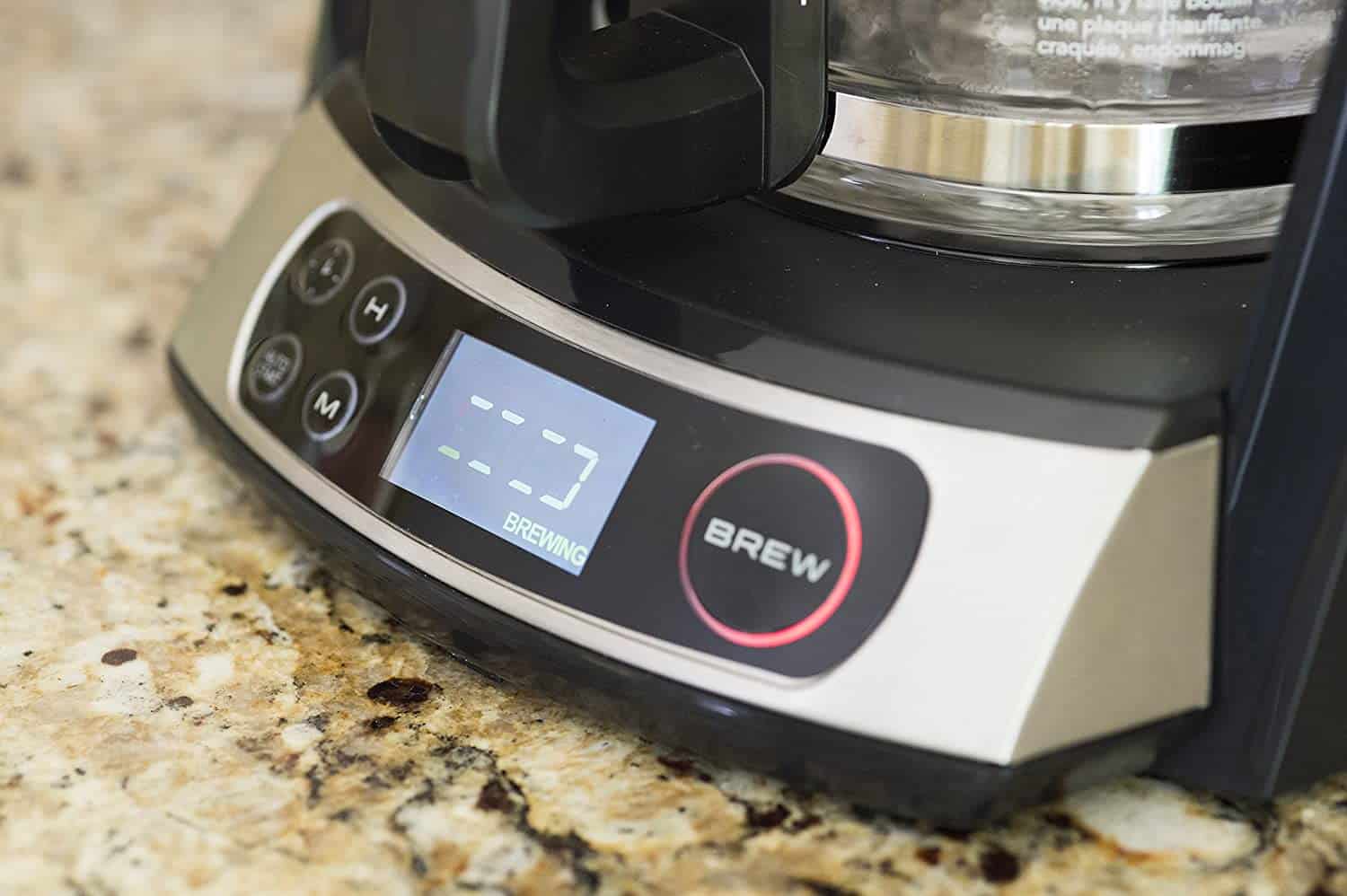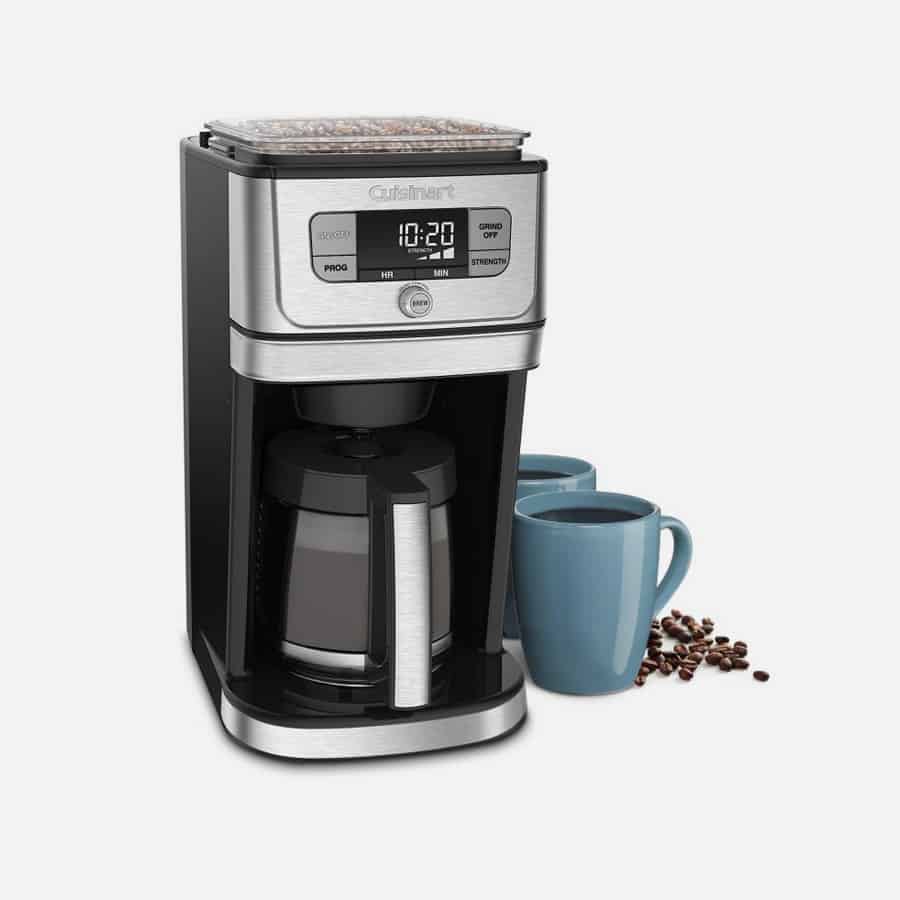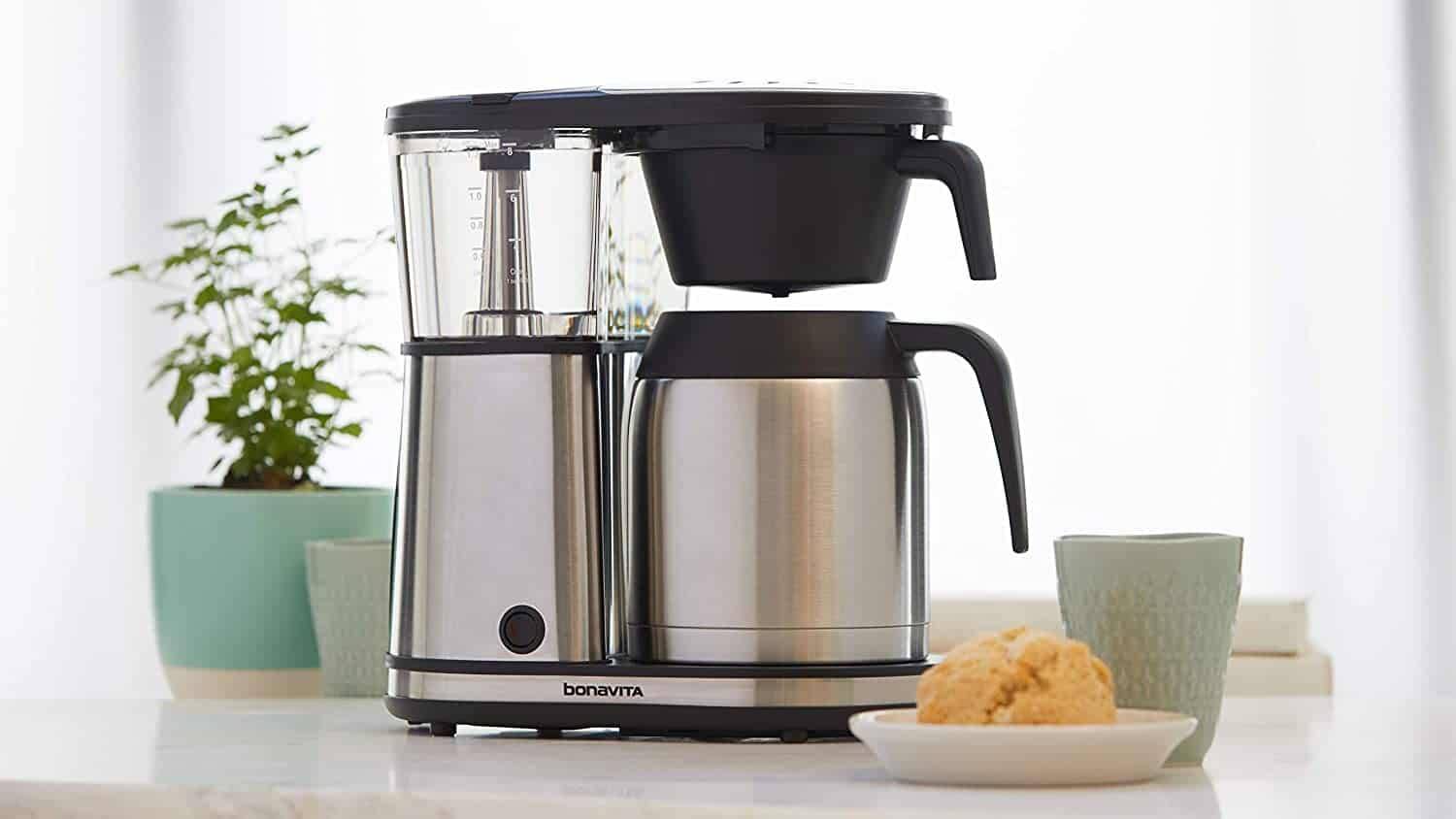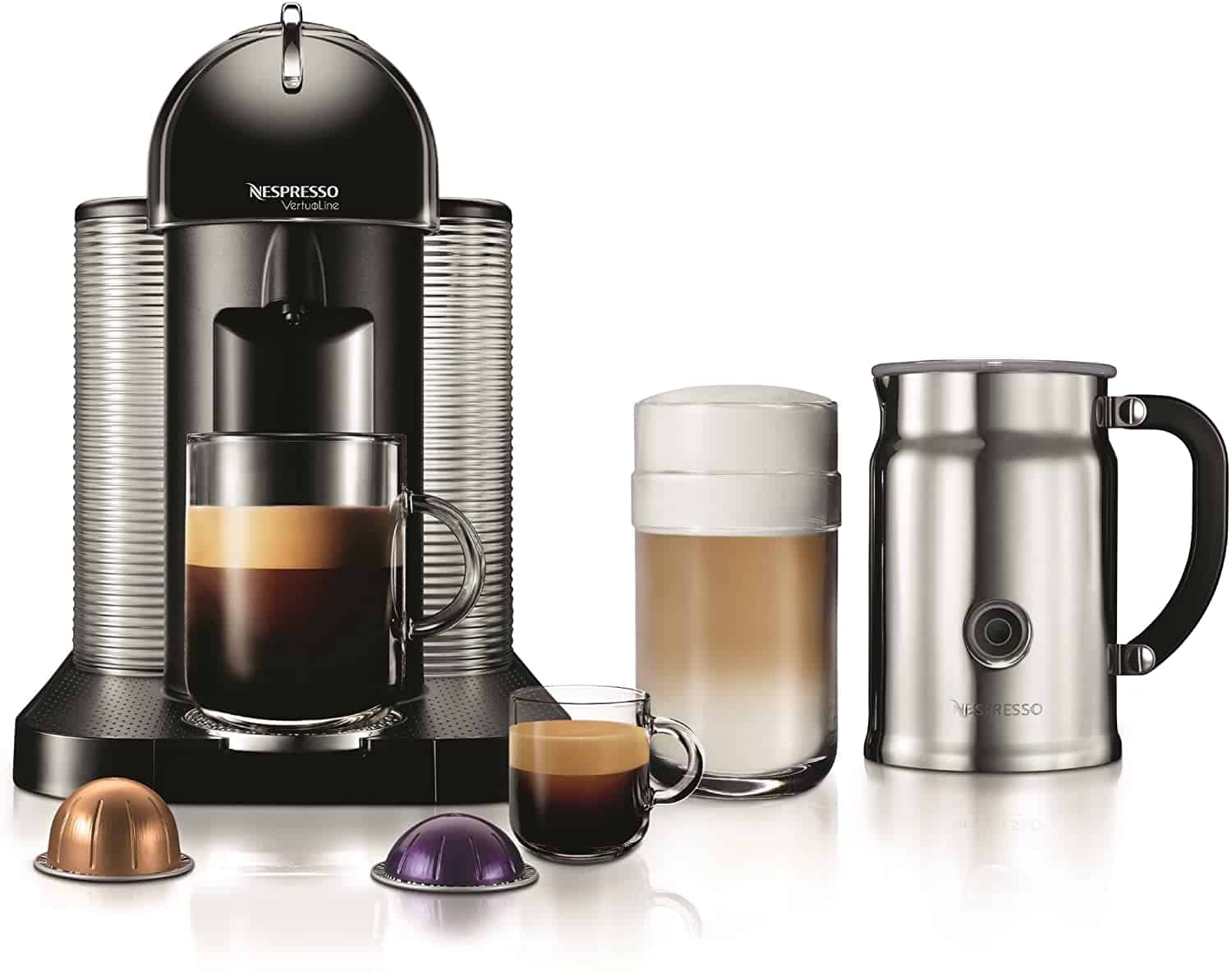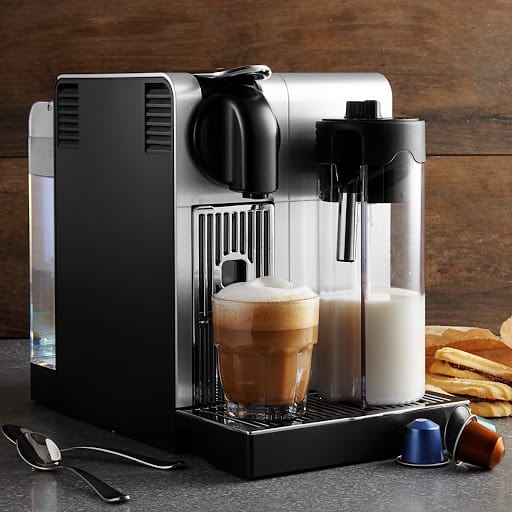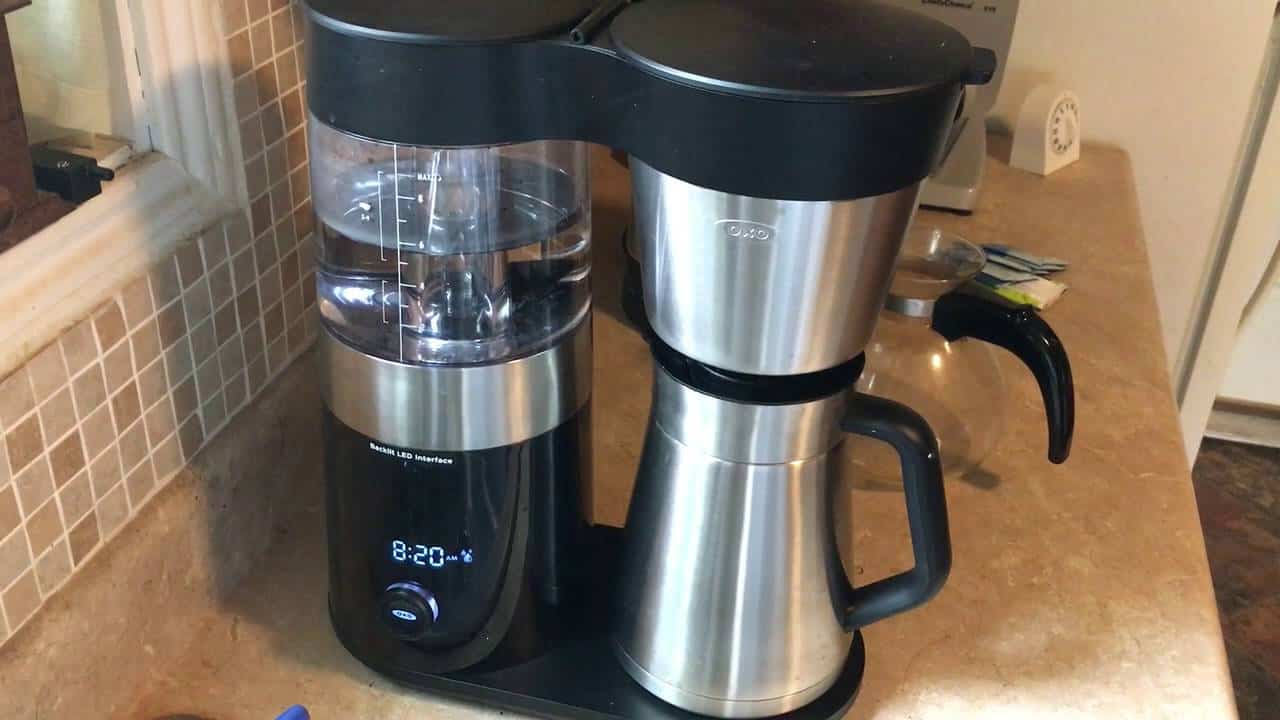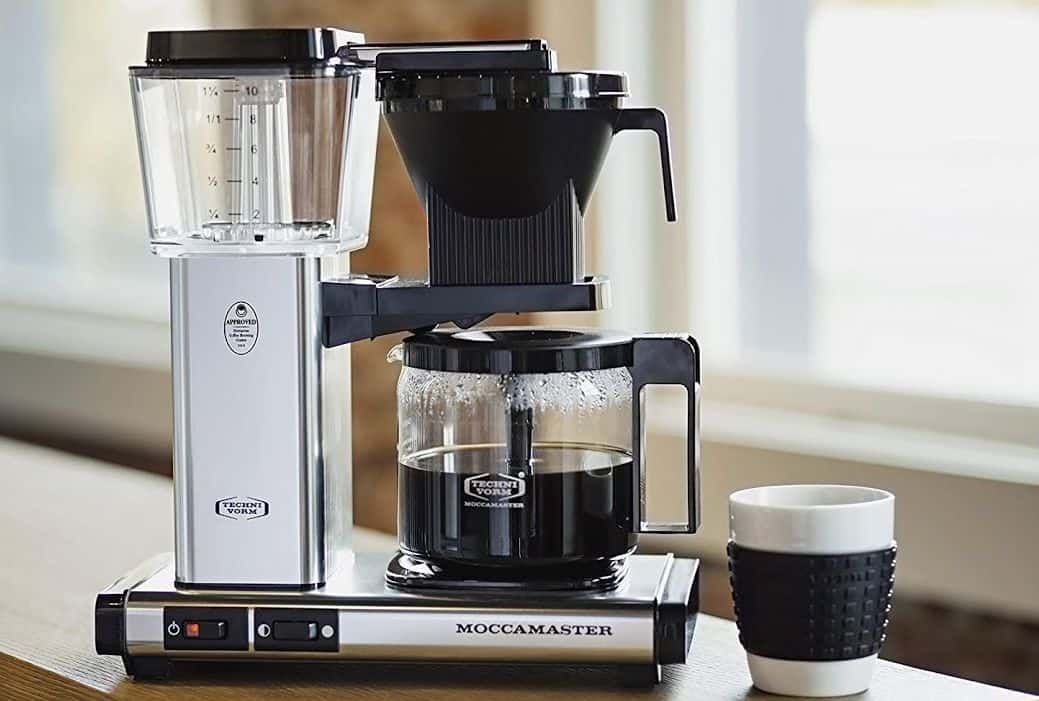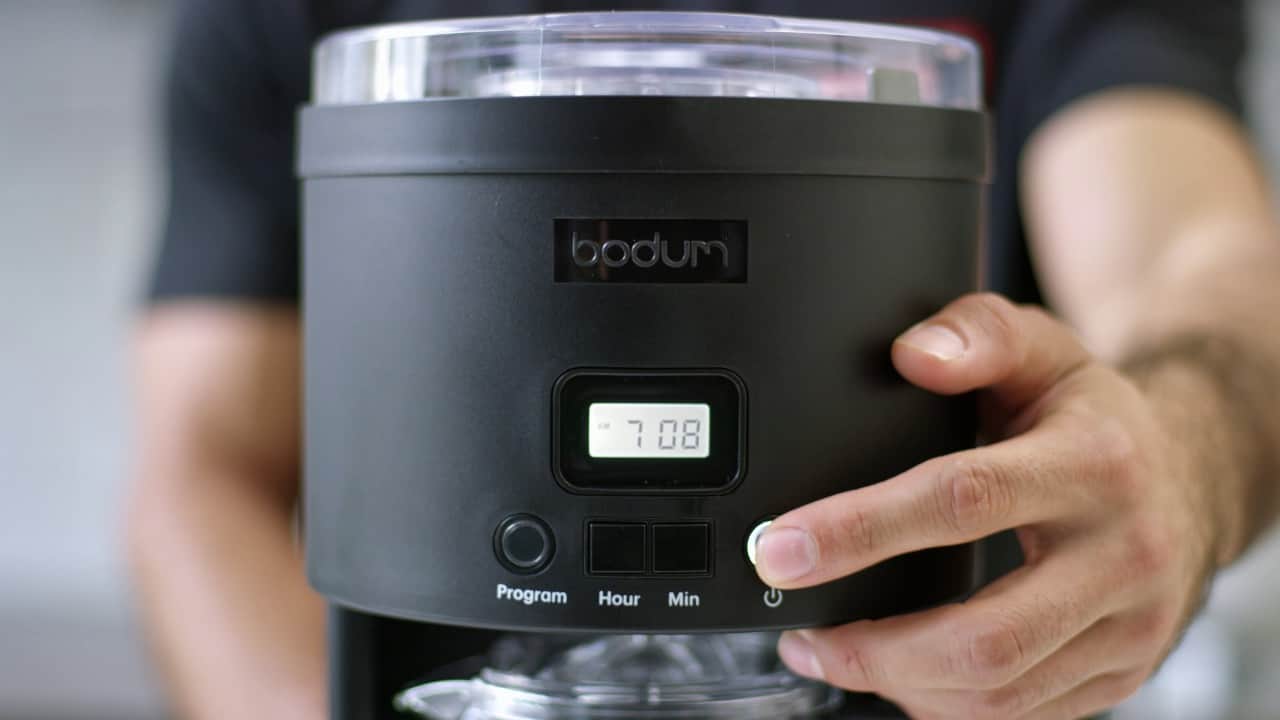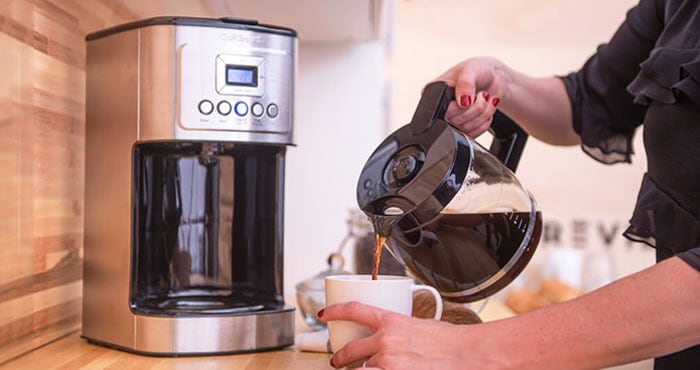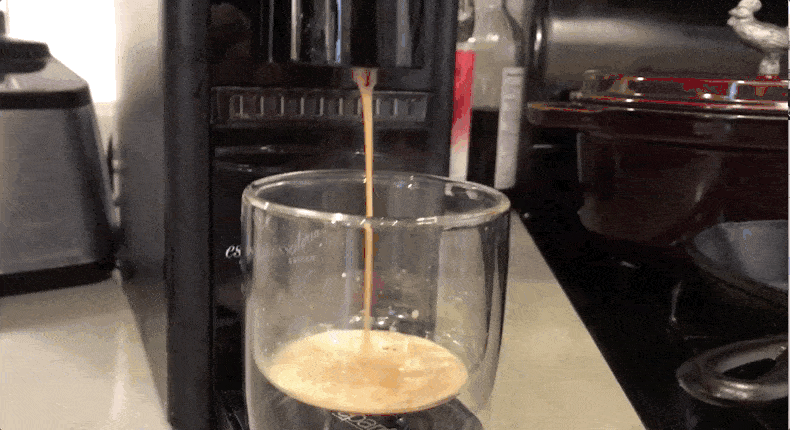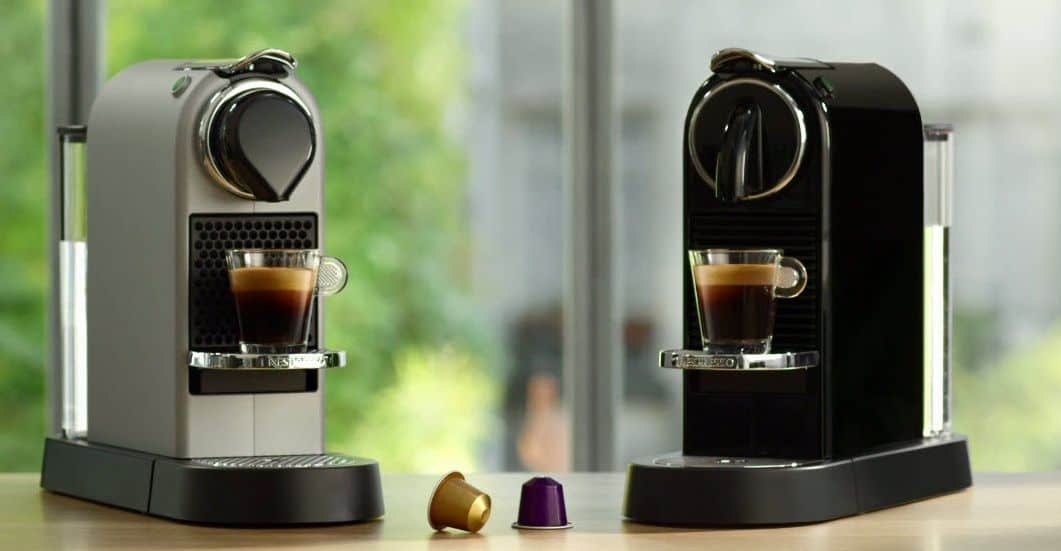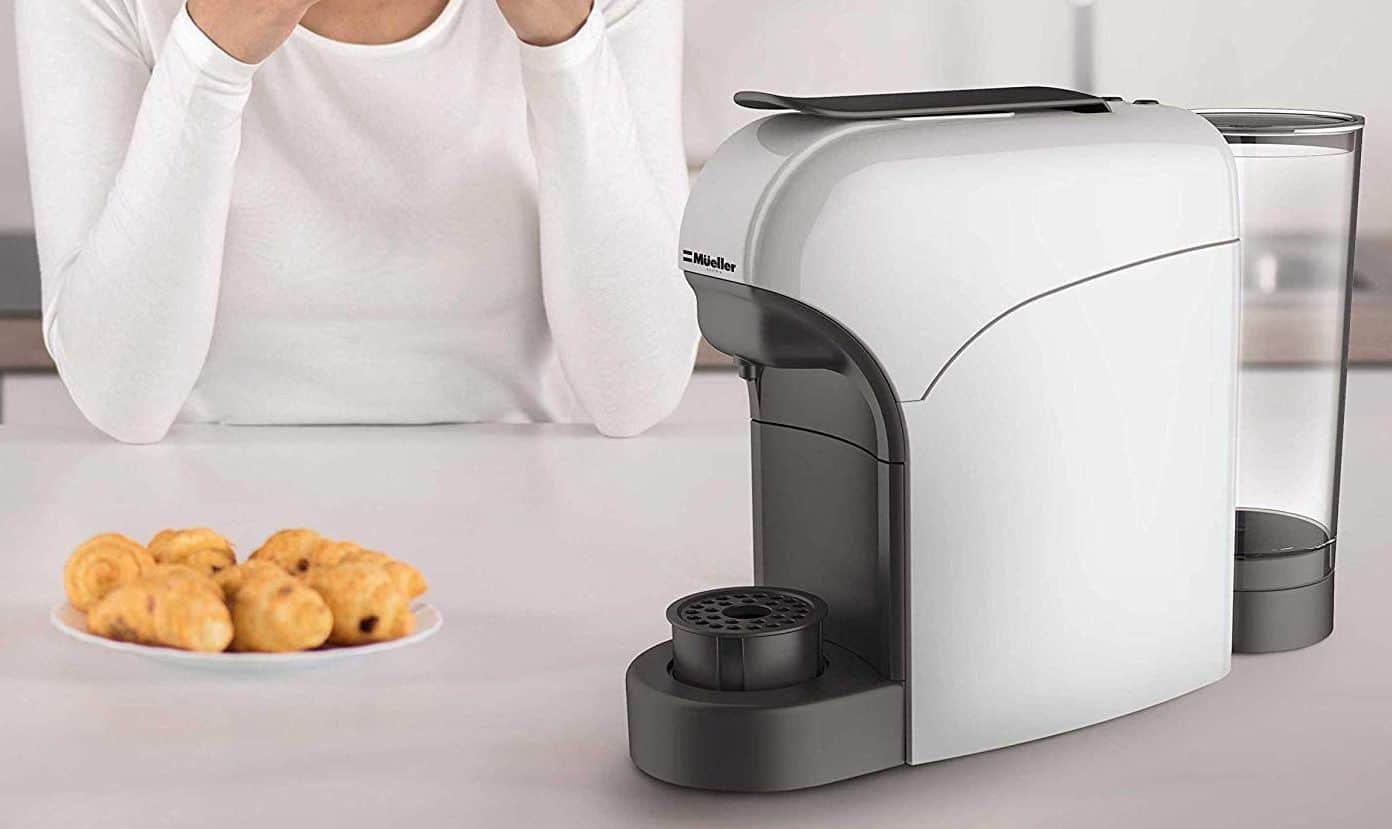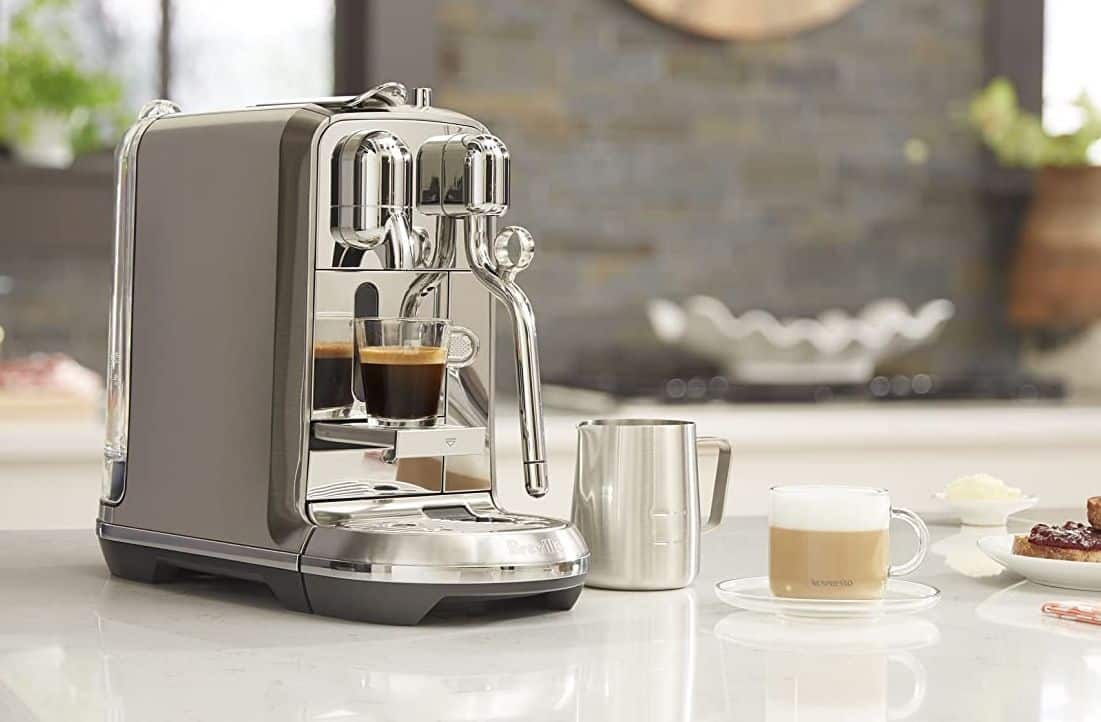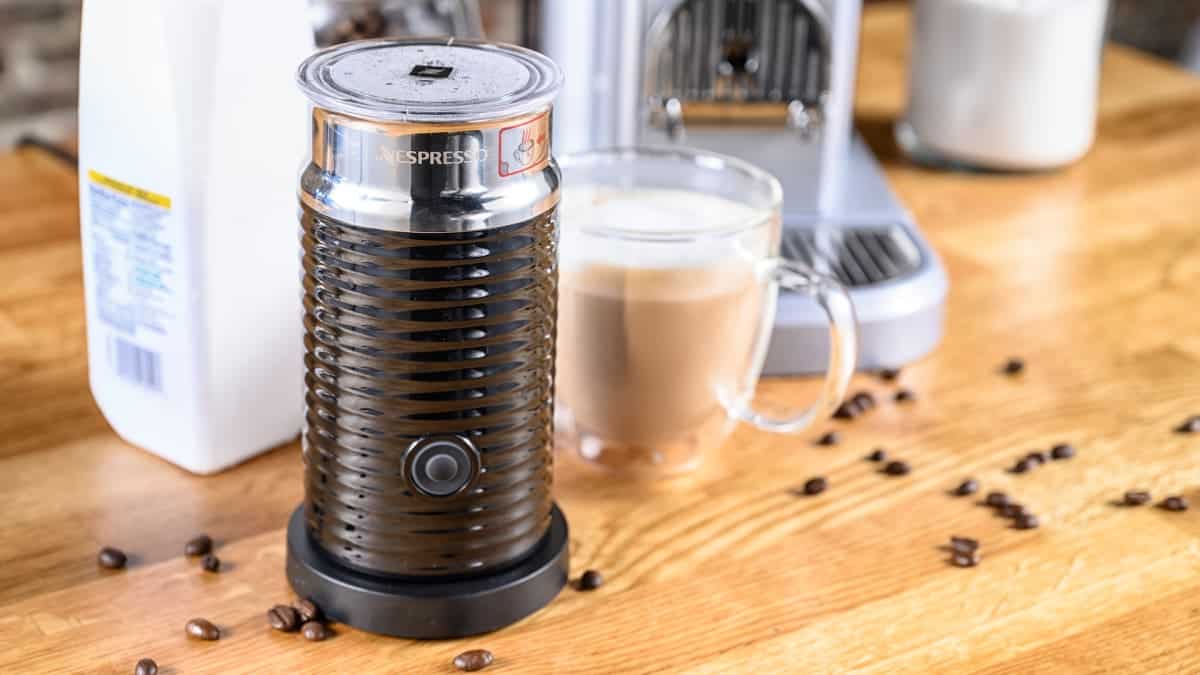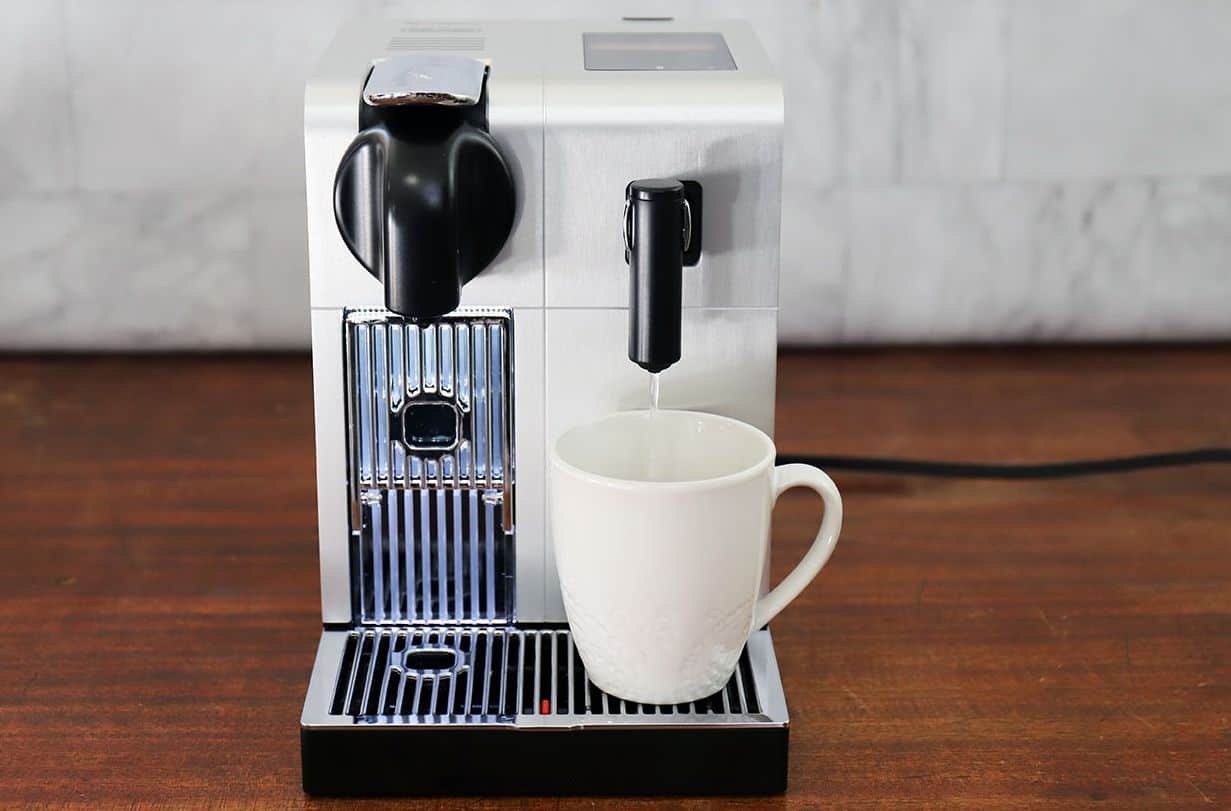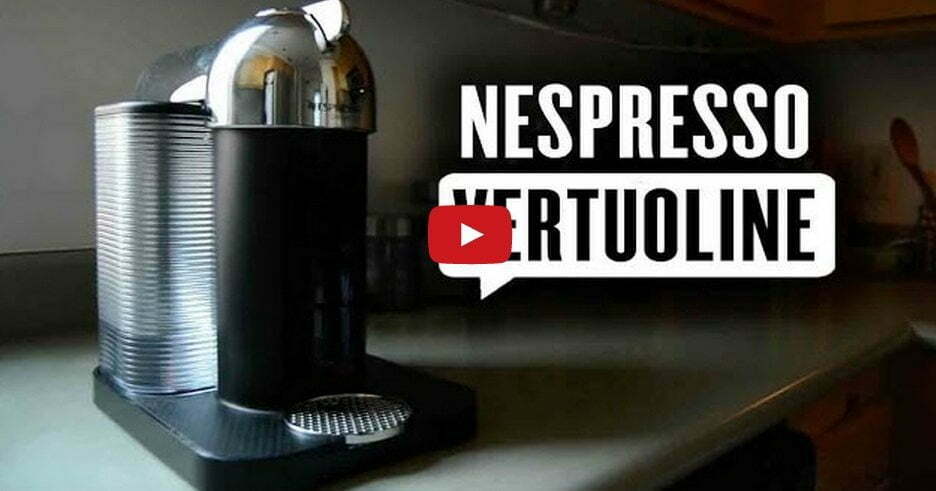Learning how to get the rust off your coffee maker hot plate only takes a few steps and some common chemical ingredients. Rust on coffee machines is an issue and can prevent the coffee plate from keeping your coffee hot.
KEY TAKEAWAYS:
- One of the best chemical ingredients for the job is oxalic acid. Use a small amount in a few cups of water to dissolve rust and reveal a clean warming plate.
- Vinegar is also a critical ingredient for cleaning a coffee machine warming plate. Pour vinegar into a few cups of water, dip in a lint-free cloth, and allow that to soak on the plate.
- Finally, aluminum oxide is another chemical ingredient you can use. Take some aluminum foil, dip it in tap water, and rub away the rust.
When you invest in the best coffee maker for your budget, you want that appliance to last. The chemical ingredients laid out below will help you do just that.
Can I Save my Rusty Coffee Machine Warming Plate?
With the correct chemical rust remover, your coffee maker hot plate will be good as new. There are a few ways to accomplish this.
Insider Tip
Any coffee lover should invest in a stainless steel coffee pot. This lowers the risk of ending up with a rusty coffee maker.
If you’re having issues with coffee pots keeping coffee hot, more solutions are out there. Learning how to keep coffee hot in a coffee maker is easy.
Using Aluminum Foil
STEP 1
Take a strip of aluminum foil and dip it into your cold water. Rub it against the hot plate rust until you see rust particles collecting on your foil.
STEP 2
Dip the foil into your cold water as necessary to clean it off and rewet it.
STEP 3
Clean the removed rust with mild dish soap and warm water using a clean sponge.
Using White Vinegar
- Difficulty: Easy
- Time Required: 15 minutes
- Total Steps: 3
- Tools Needed: White vinegar, warm water, clean cloth, clean paper towel
STEP 1
First, unplug your appliance. Then, fill a container with vinegar and hot water. You should use around a cup of vinegar.
STEP 2
Dip your lint-free cloth into the solution. Place the damp, lint-free cloth on the coffee maker hot plate and allow it to soak.
STEP 3
Wash away the residue using a dry, soft cloth or paper towel. Repeat the process if there is still rust present. Vinegar is also a great coffee machine descaler if you have above-average water hardness. If so, learning how to get rid of a vinegar taste in your coffee maker will be necessary.
Using Oxalic Acid
- Difficulty: Moderate
- Time Required: 40 minutes
- Total Steps: 3
- Tools Needed: Solution of water and oxalic acid, clean non-abrasive sponge, clean water
STEP 1
First, create a solution of water and oxalic acid. You’ll use one part oxalic acid to nine parts of water.
STEP 2
Allow the cleaning solution to sit on your coffee maker’s hot plate for up to 30 minutes. Wipe the hot plate off with a damp sponge, and then dry it off with a clean cloth.
STEP 3
Check to see if the solution took the rust off of your coffee maker’s hot plate. Repeat this process as necessary until the rust is gone.
Warning
Not all cleaning products are safe for human skin. Use proper hand protection when handling anything that has acidic properties.
F.A.Q.S
How do I keep my hot plate from rusting?
First, keep your coffee maker clean. Use a damp lint-free cloth to wipe down your heating element every day, and dry it thoroughly with a dry cloth.
How do I clean hard water deposits?
Vinegar isn’t only for removing rust from coffee maker hot plates. Use this common cleaning agent to thoroughly clean deposits from your water reservoir.
What is the difference between coffee and espresso?
Espresso is made using espresso machines and is a more potent drink. You use ground coffee to create a regular cup of coffee.
Which chemical ingredients should I avoid when cleaning stainless steel?
When cleaning coffee residue or coffee stains from stainless steel coffee pots, avoid anything abrasive. This includes bromine, chlorine, and iodine.
STAT: Rust is a general term for iron oxides formed by the reaction of iron with oxygen. (source)
REFERENCES:
- https://www.ccmr.cornell.edu/wp-content/uploads/sites/2/2015/11/what-is-rust.pdf
- https://van.physics.illinois.edu/qa/listing.php?id=494&t=effects-of-rust
- https://web.extension.illinois.edu/stain/staindetail.cfm?ID=166r
- https://site.extension.uga.edu/textiles/care/stain-removal/remove-stains-from-iron-rust/
- http://scienceline.ucsb.edu/getkey.php?key=1933

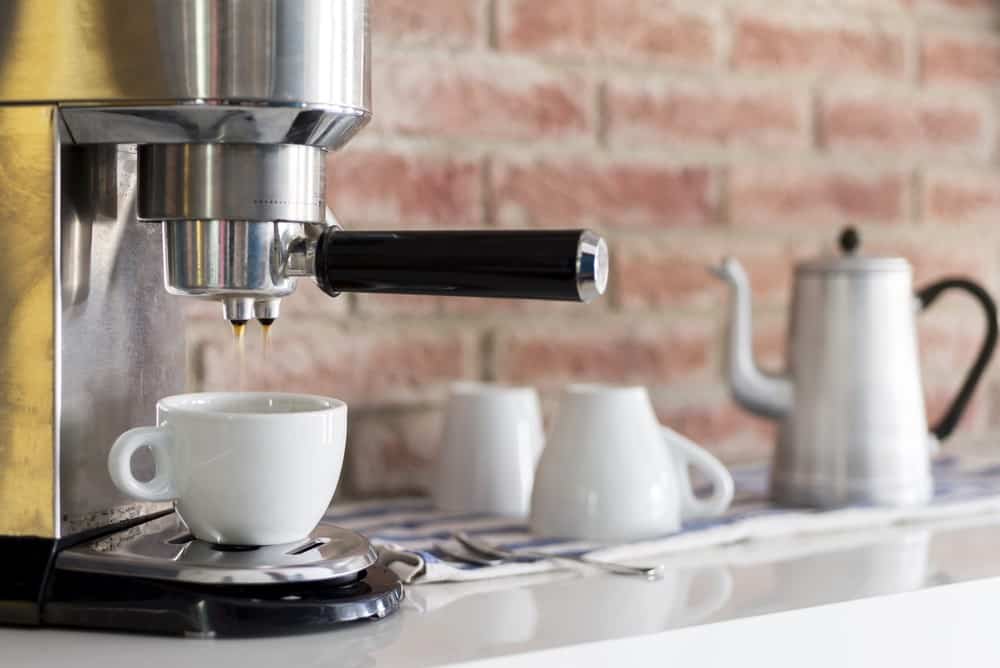













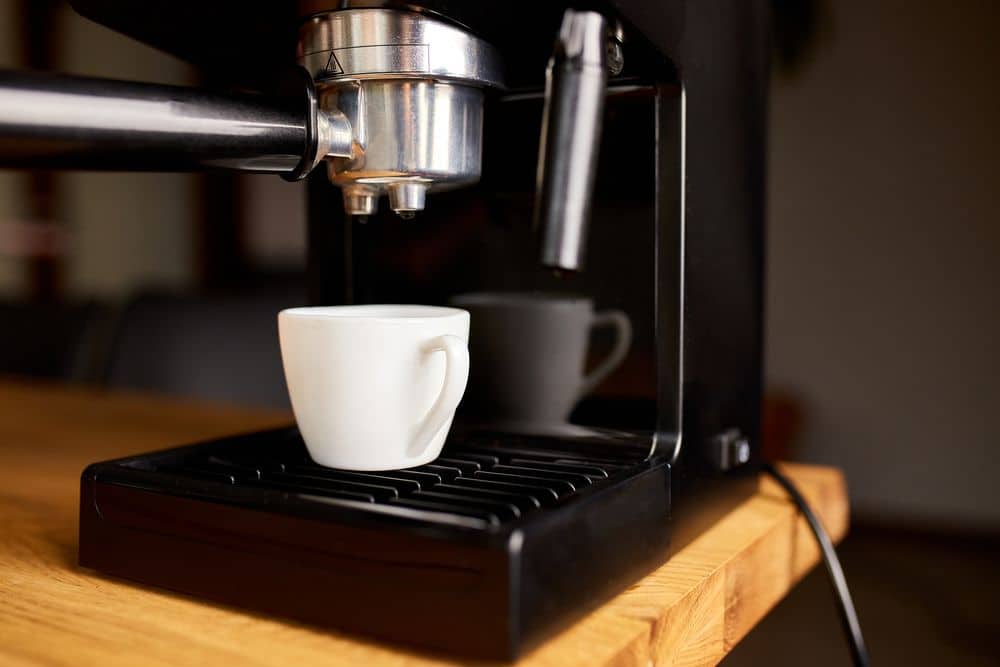
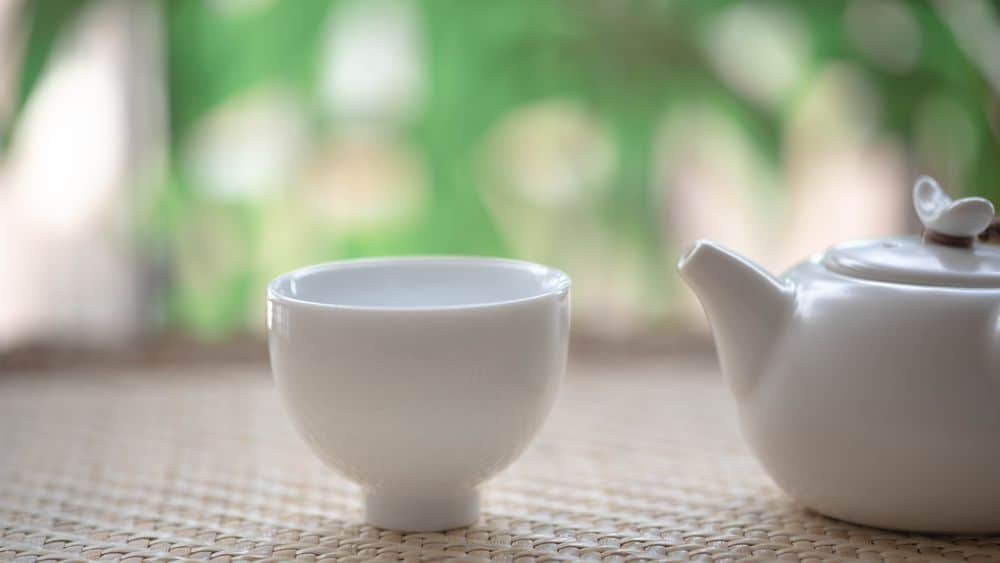
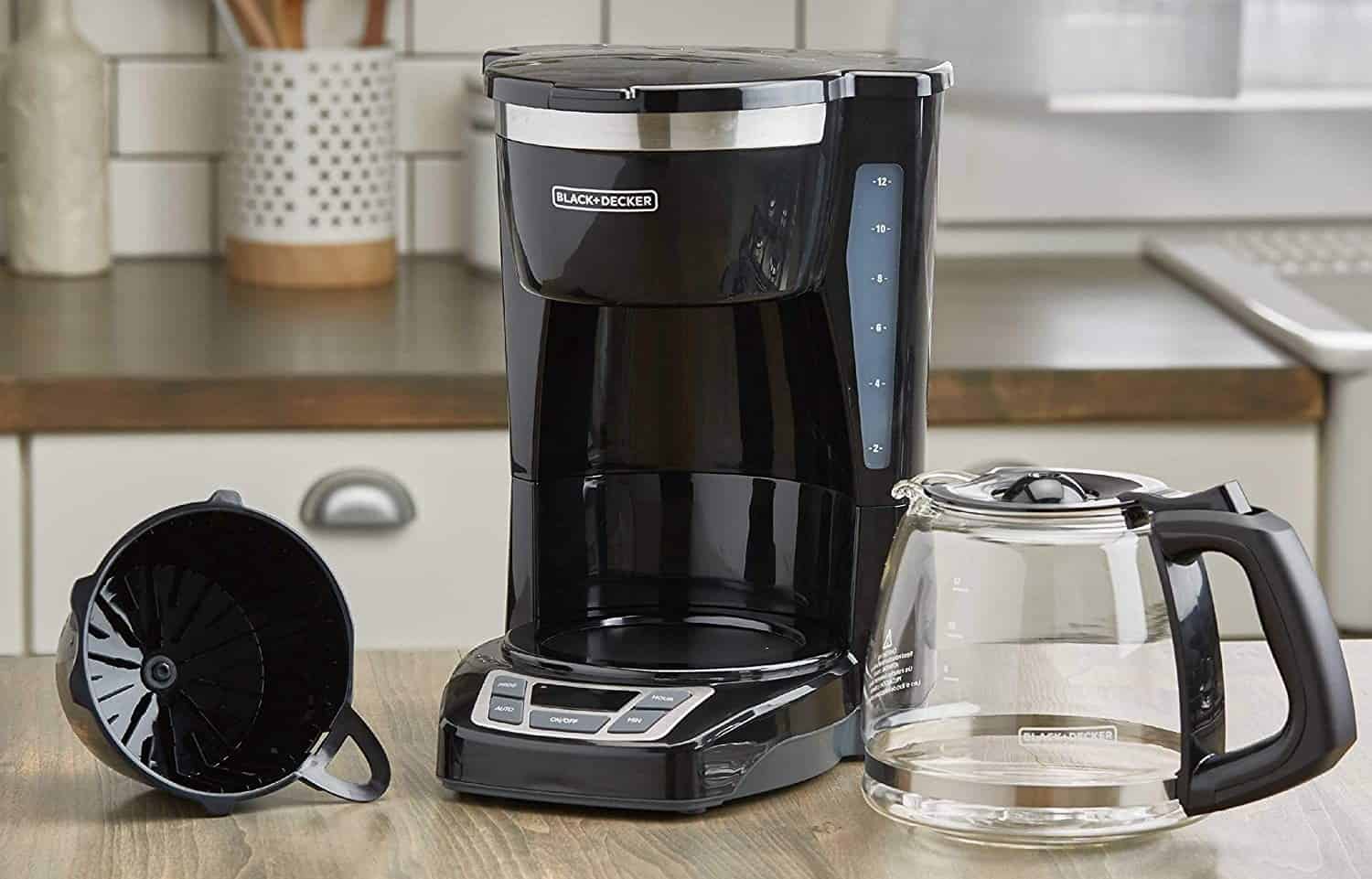
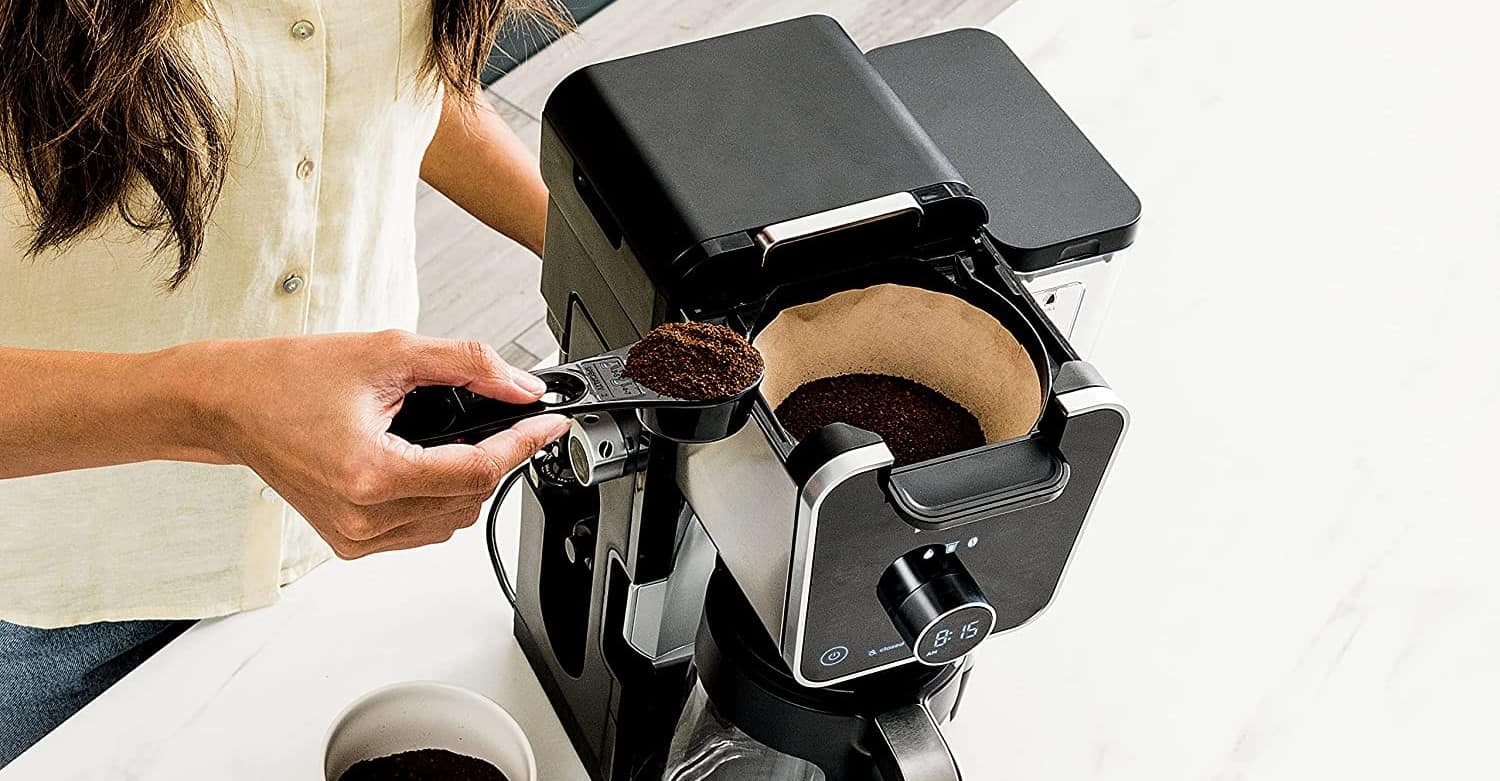
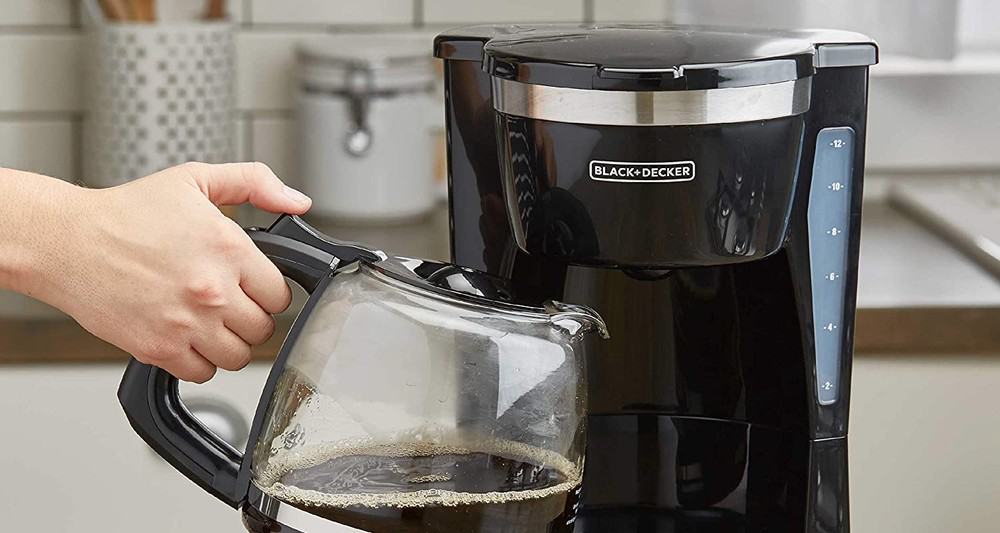
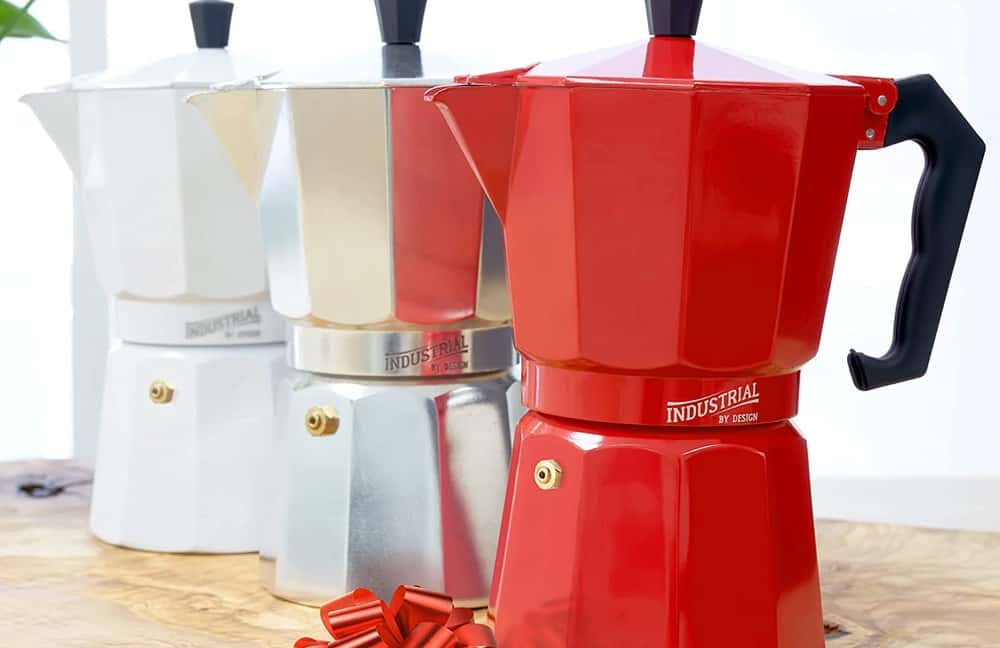
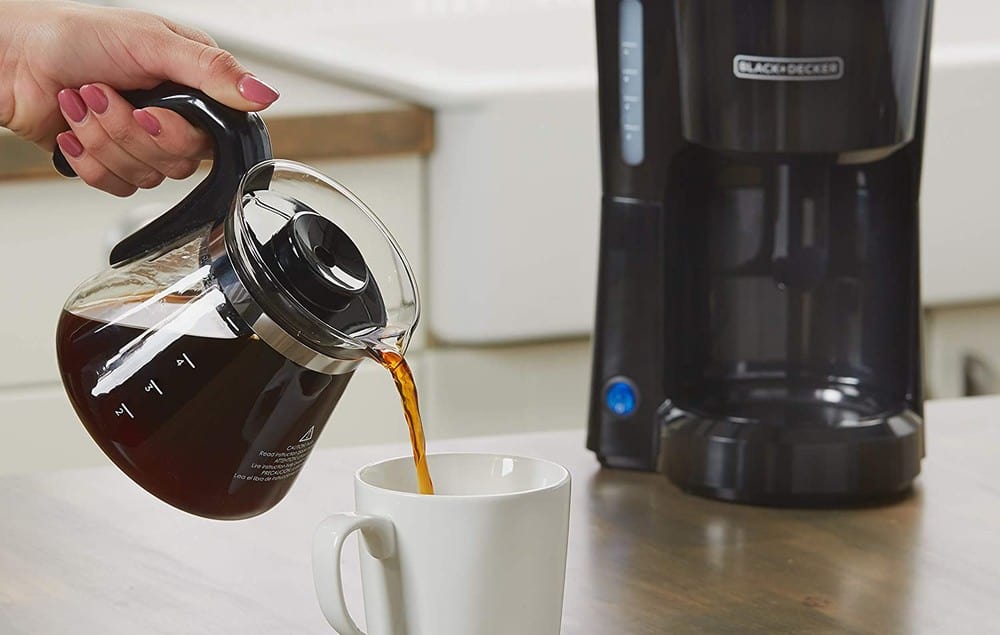
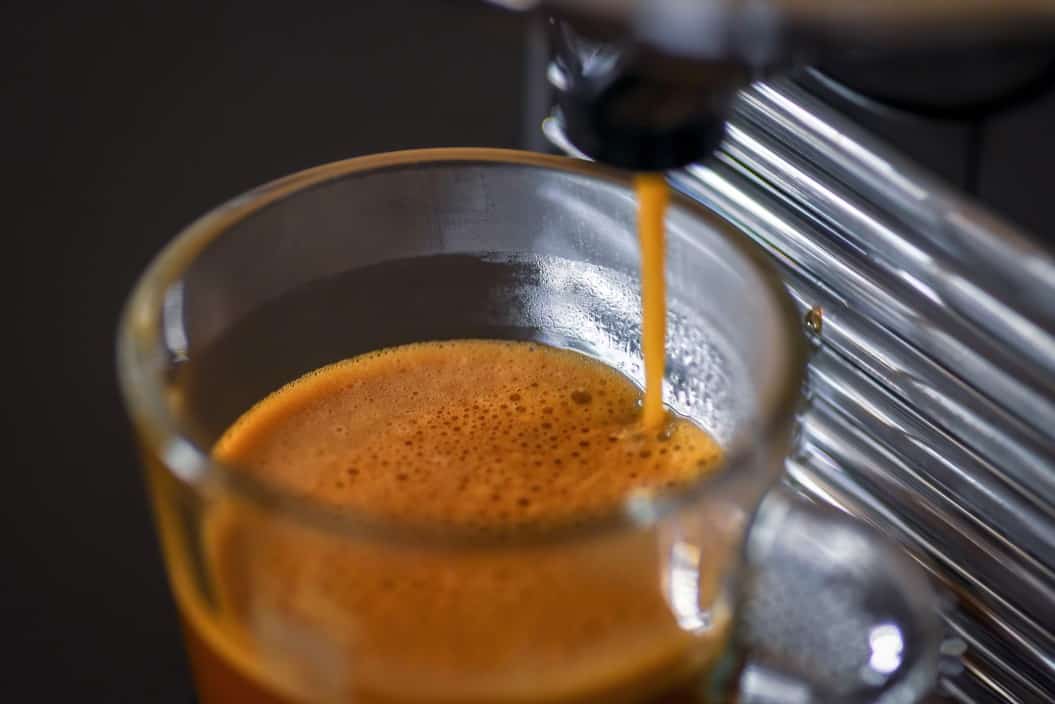
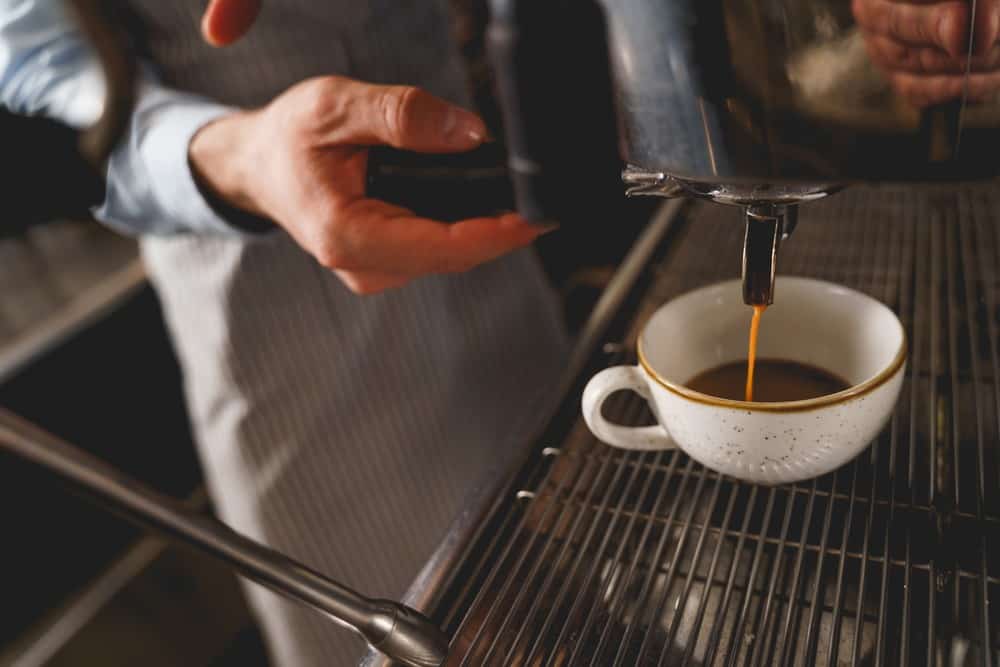
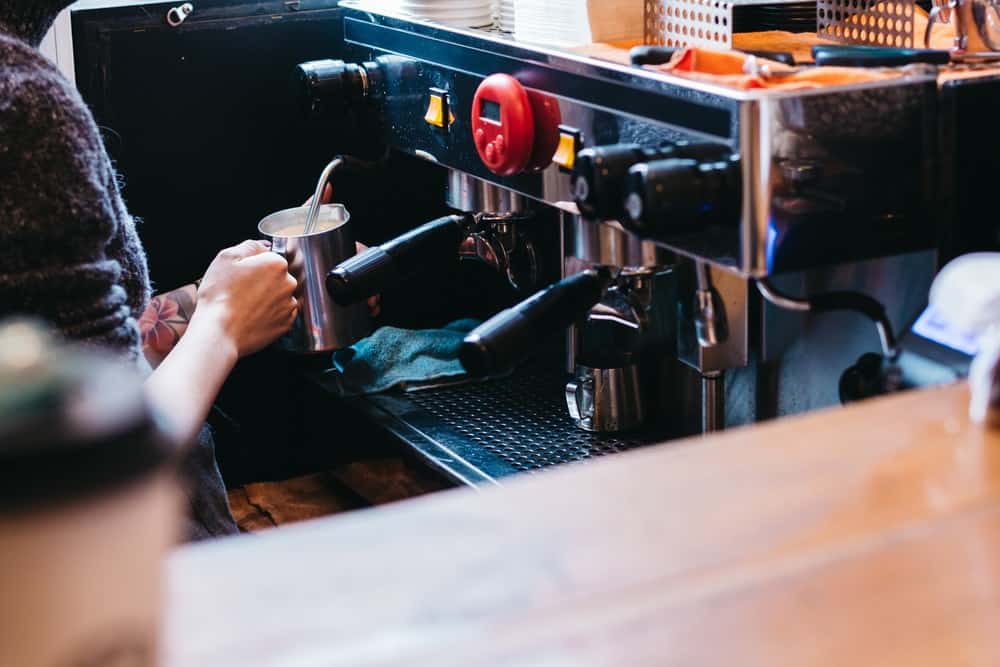
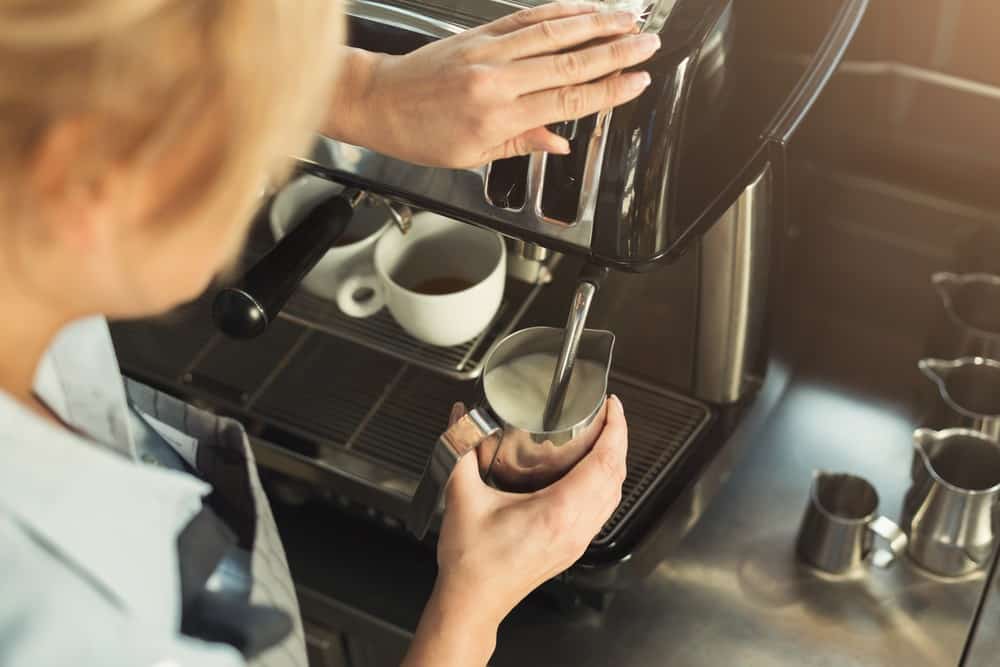
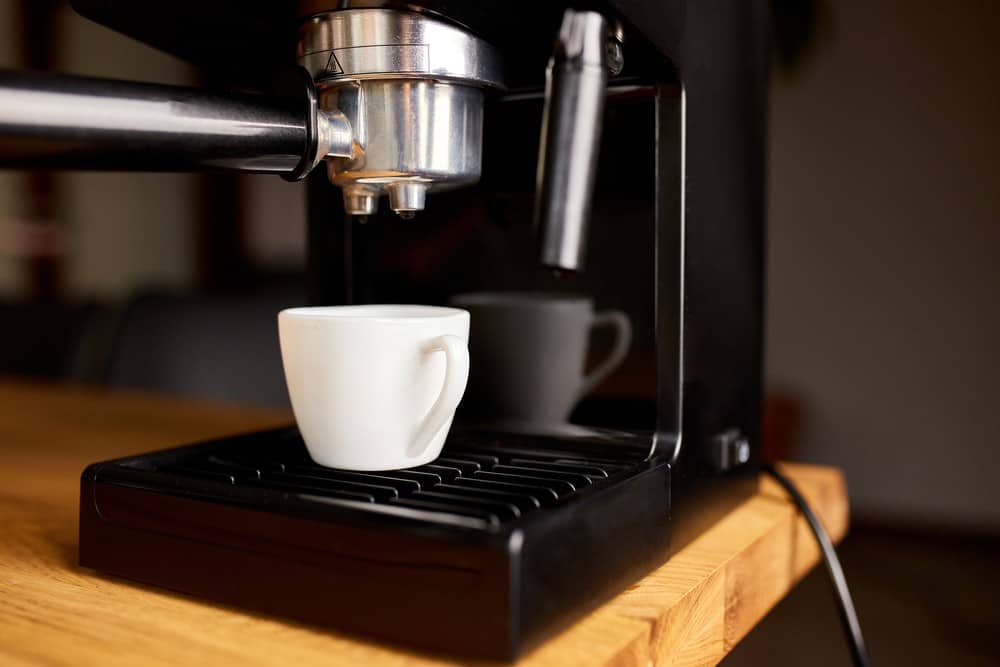
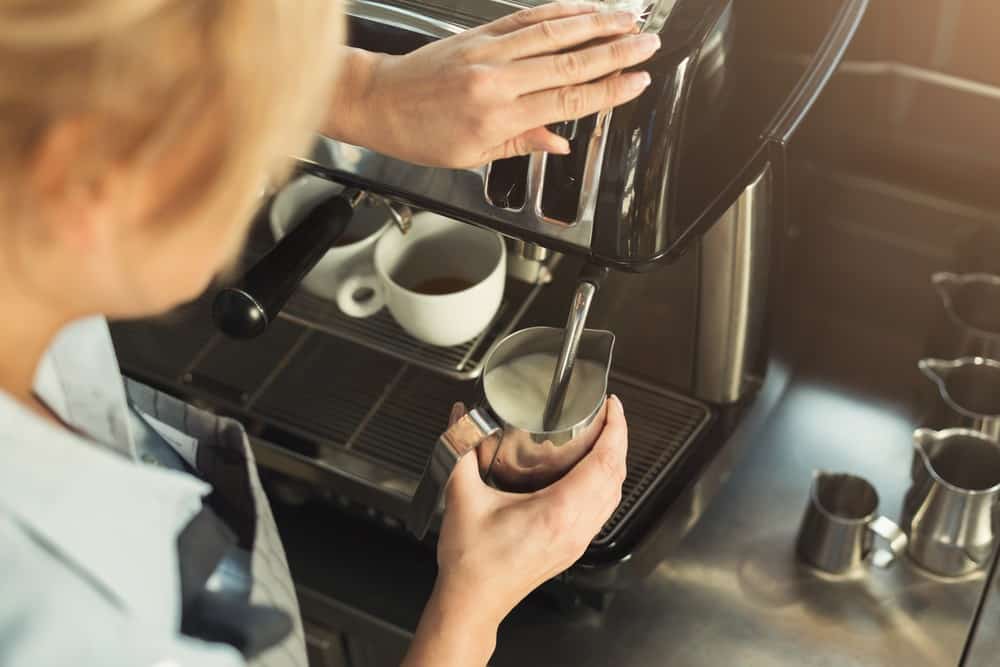
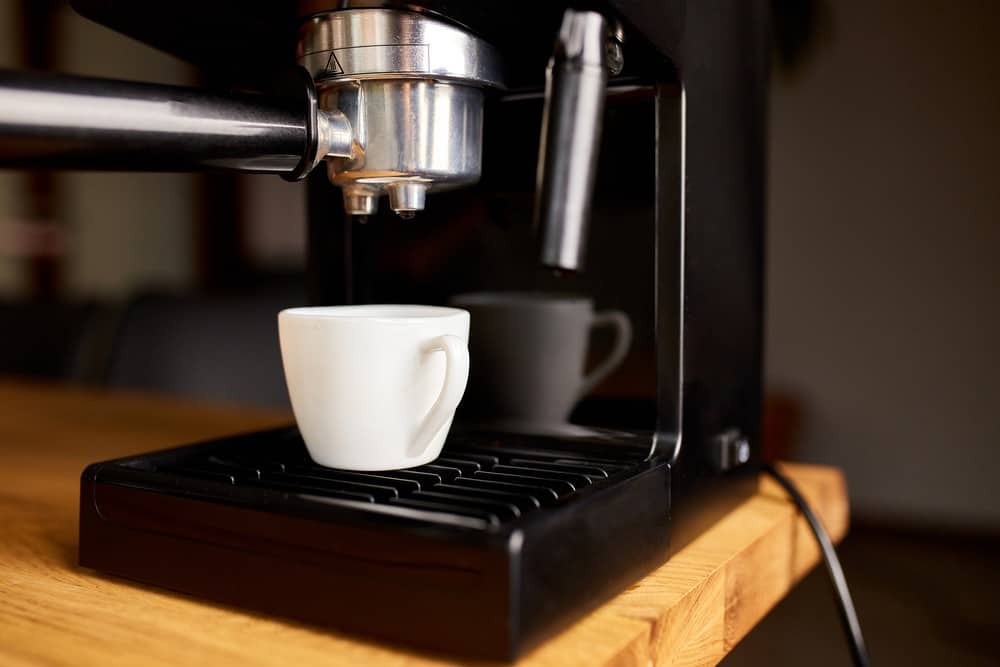
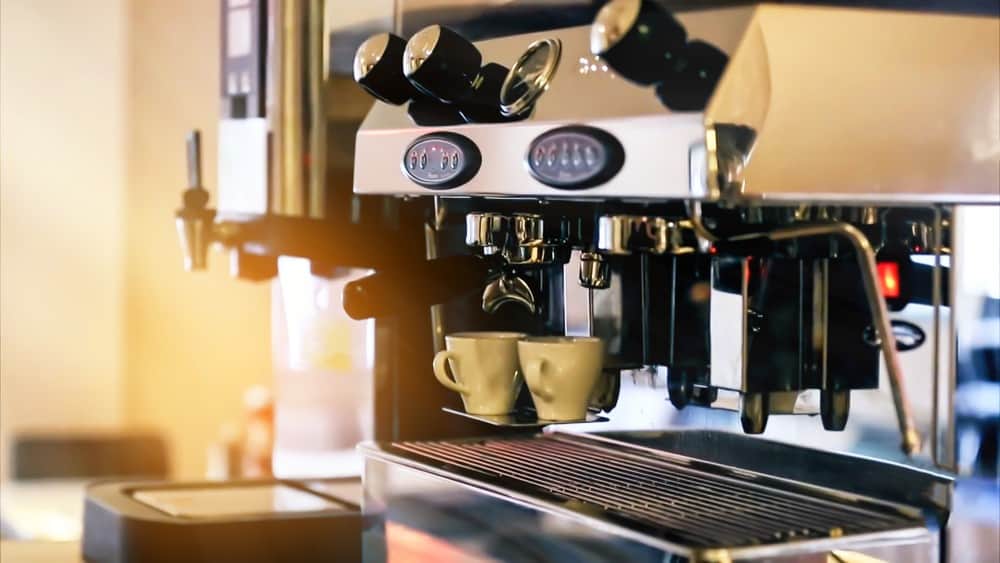
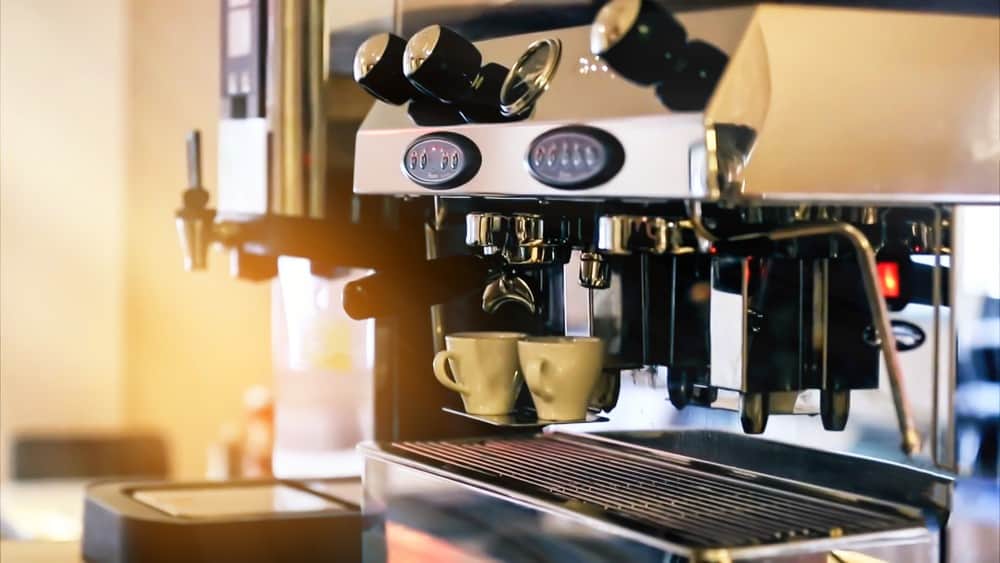
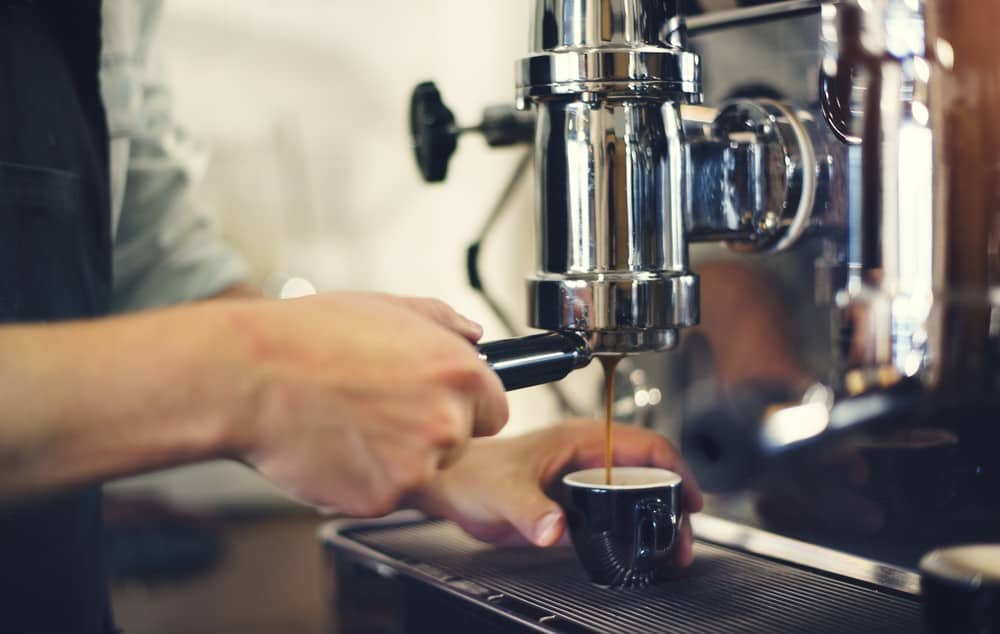
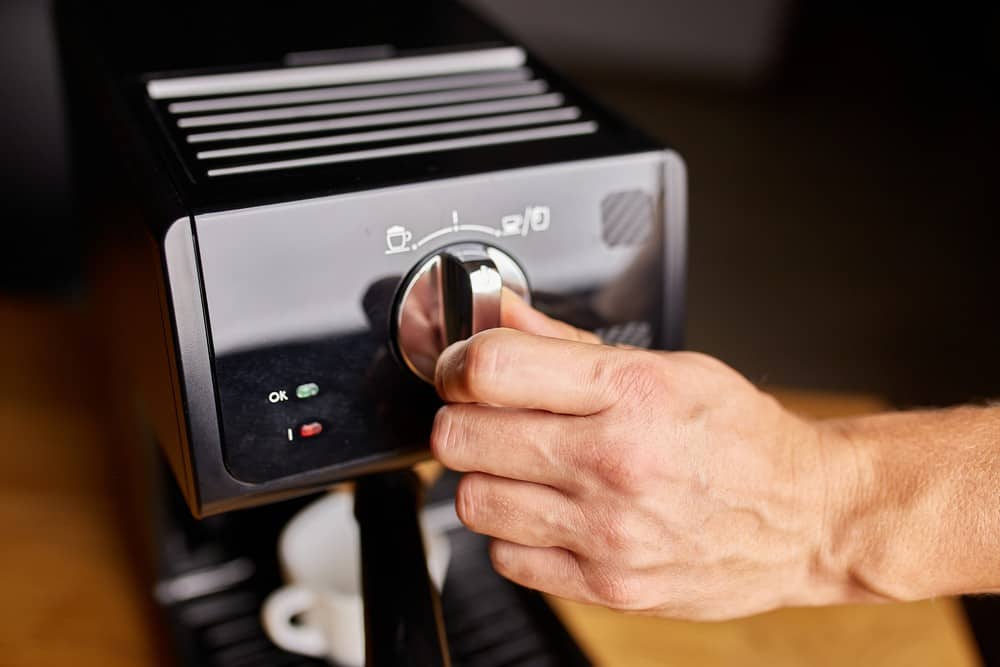
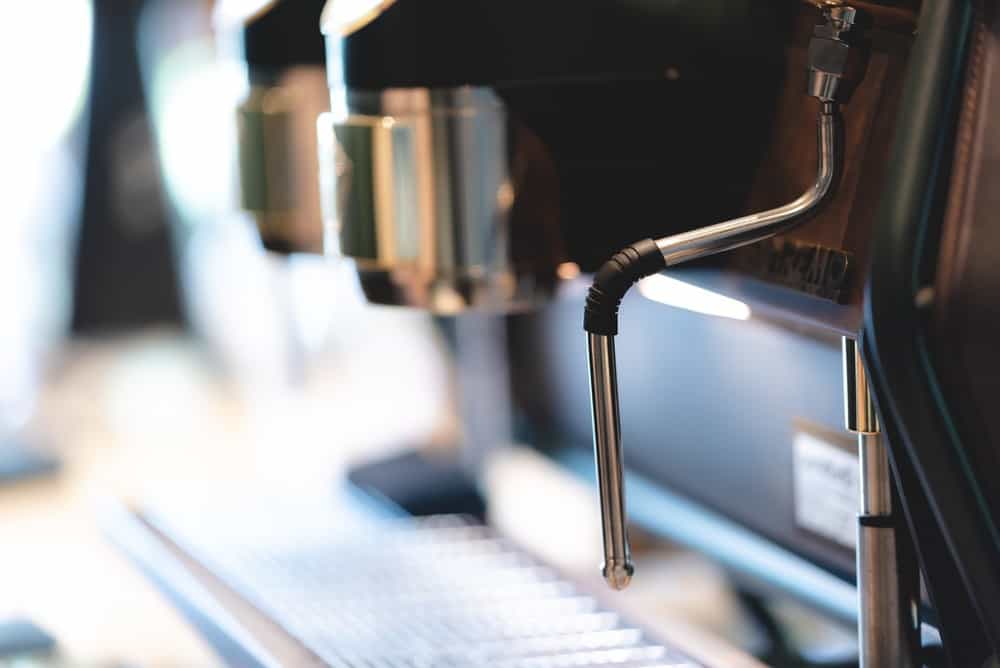
![Best Keurig Alternatives in [year] 27 Best Keurig Alternatives in 2026](https://www.gadgetreview.dev/wp-content/uploads/best-keurig-alternative-image.jpg)
![Best Semi Automatic Espresso Machines in [year] 28 Best Semi Automatic Espresso Machines in 2026](https://www.gadgetreview.dev/wp-content/uploads/best-semi-automatic-espresso-machine-image.jpg)
![Best Coffee and Espresso Makers in [year] 29 Best Coffee and Espresso Makers in 2026](https://www.gadgetreview.dev/wp-content/uploads/best-coffee-and-espresso-maker-image.jpg)
![Best Kitchen Appliances in [year] ([month] Reviews) 30 Best Kitchen Appliances in 2026 (January Reviews)](https://www.gadgetreview.dev/wp-content/uploads/best-kitchen-appliances.jpg)
![Quietest Coffee Makers in [year] 31 Quietest Coffee Makers in 2026](https://www.gadgetreview.dev/wp-content/uploads/quietest-coffee-maker-image.jpg)
![Best Prosumer Espresso Machines in [year] 32 Best Prosumer Espresso Machines in 2026](https://www.gadgetreview.dev/wp-content/uploads/71ytF6efAlL._AC_SL1500_.jpg)
![Best Single Serve Coffee Maker No Pods in [year] 33 Best Single Serve Coffee Maker No Pods in 2026](https://www.gadgetreview.dev/wp-content/uploads/best-k-pod-coffee-image-1.jpg)
![Best Coffee Makers for Hard Water in [year] 34 Best Coffee Makers for Hard Water in 2026](https://www.gadgetreview.dev/wp-content/uploads/best-coffee-maker-for-hard-water-image.jpg)
![Best Dual Boiler Espresso Machines in [year] 35 Best Dual Boiler Espresso Machines in 2026](https://www.gadgetreview.dev/wp-content/uploads/best-dual-boiler-espresso-machine-image.jpg)
![Best Coffee Makers for RV in [year] 36 Best Coffee Makers for RV in 2026](https://www.gadgetreview.dev/wp-content/uploads/best-coffee-maker-for-rv-image.jpg)
![Best Ninja Coffee Makers in [year] 37 Best Ninja Coffee Makers in 2026](https://www.gadgetreview.dev/wp-content/uploads/best-ninja-coffee-maker-image.jpg)
![Best Breville Espresso Machines in [year] 38 Best Breville Espresso Machines in 2026](https://www.gadgetreview.dev/wp-content/uploads/best-breville-espresso-machine-image.jpg)
![Best 5 Cup Coffee Makers in [year] 39 Best 5 Cup Coffee Makers in 2026](https://www.gadgetreview.dev/wp-content/uploads/best-5-cup-coffee-maker-image.jpg)
![Best Commercial Coffee Makers in [year] 40 Best Commercial Coffee Makers in 2026](https://www.gadgetreview.dev/wp-content/uploads/best-commercial-coffee-maker-image.jpg)
![Best Commercial Espresso Machine for a Small Coffee Shop in [year] 41 Best Commercial Espresso Machine for a Small Coffee Shop in 2026](https://www.gadgetreview.dev/wp-content/uploads/best-commercial-espresso-machine-small-coffee-shop-image.jpg)
![Best Coffee for Moka Pot in [year] 42 Best Coffee for Moka Pot in 2026](https://www.gadgetreview.dev/wp-content/uploads/best-coffee-for-moka-pot-image.jpg)
![Best USA Made Coffee Makers in [year] 43 Best USA Made Coffee Makers in 2026](https://www.gadgetreview.dev/wp-content/uploads/best-usa-made-coffee-makers-image.jpg)
![Fastest Coffee Makers in [year] 44 Fastest Coffee Makers in 2026](https://www.gadgetreview.dev/wp-content/uploads/fastest-coffee-maker-image.jpg)
![Best SCAA Certified Coffee Makers in [year] 45 Best SCAA Certified Coffee Makers in 2026](https://www.gadgetreview.dev/wp-content/uploads/best-scaa-certified-coffee-maker-image.jpg)
![Best Smart Coffee Makers in [year] 46 Best Smart Coffee Makers in 2026](https://www.gadgetreview.dev/wp-content/uploads/best-smart-coffee-maker-image.jpg)
